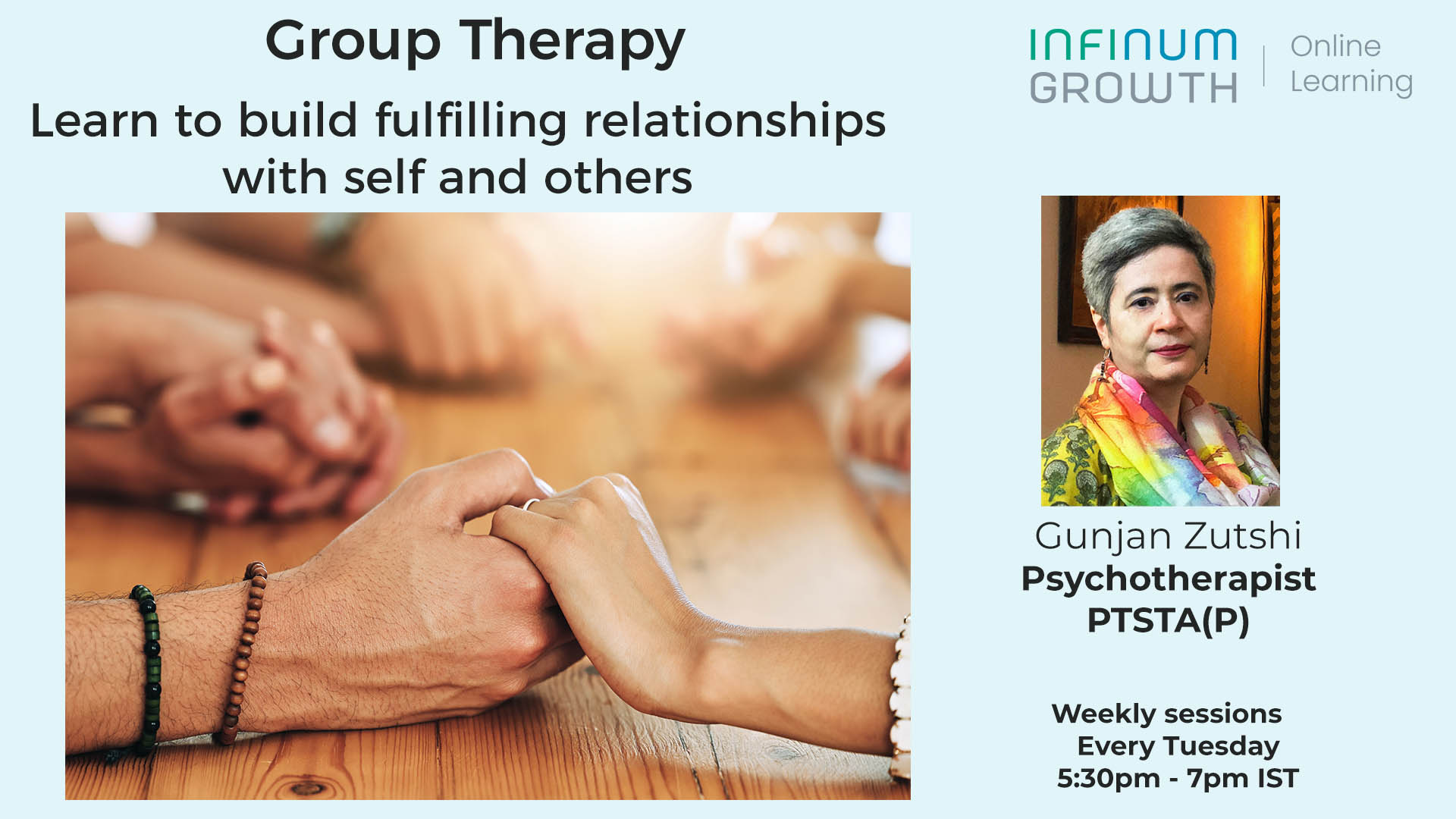Until my first relationship ended in 2012, I never knew it was possible to feel this minimised. I felt crushed and smothered. I was constantly second-guessing myself; my feelings, my perceptions, my memories; and a small, suffocated part inside of me wondered whether I was actually going crazy. I felt an overwhelming sense of alienation.
What was wrong with me?
Gaslighting in Relationships
It was after I looked up on the internet, I realised that, most likely, I had experienced a sophisticated manipulation technique known as Gaslighting. It undermines your entire perception of reality and can slowly creep into your relationships, friendships, family life and work life. Essentially, Gaslighters are people who spin their negative, harmful or destructive words and actions in their favour, deflecting the blame for their abusive deeds and pointing fingers at you. This is often done by making you feel “overly sensitive,” “paranoid,” “mentally unstable,” “silly,” “unhinged” and many other sensations which cause you to doubt yourself. Gaslighting tends to eat away at you slowly, until you realise one day that all you’re left with is just a shell of the former person you were.
Effects of Gaslighting
It caused me to doubt my own experiences, throwing me emotionally and psychologically off balance. It felt as though my self-esteem, confidence and independence had withered under the flame of gaslighting. I felt violated. My mental and emotional boundaries were violated, as he overstepped an already established boundary. Boundary violations are very difficult to negotiate or rationalise because they often involve a loss of respect and trust. For instance, in this relationship, he made me question my thoughts, values, opinions and beliefs! It came from someone I trusted and loved. I felt disrespected and the trust was broken into million pieces. Moreover, regular or repeated violation of boundaries made me question – what is mine? who am I? what isn’t mine? and what isn’t me?
Boundaries in Relationships
There are several areas where boundaries apply (physical, mental, emotional, spiritual etc.). Boundary violations can be either external or internal. External boundary violations have to do with physical space, like standing too close or unwelcome touching. When someone grabs something from your bag without asking, it may be a violation of your external boundaries.
Internal boundary violations include things like taking responsibility for someone else’s thoughts, feelings or behaviour. When someone assumes that they know how you think, feel or what you should do, they are violating your internal boundaries. When someone tells you how to conduct your life or tries to manipulate you in covert ways they are violating your boundaries. Internal boundaries are also being violated when someone blames you for what they are feeling.
You are allowed to set boundaries; and allowed to wave bye-bye to anyone who doesn’t respect them; And without an apology!
Setting Boundaries in Relationships
Other people violate your boundaries because they have poor boundaries. They have a weak sense of self and cannot maintain respect for your separate identity. This can result from a number of different causes.
- Sometimes when both the people lack good boundaries, they remain fused with each other; because, both of them can’t set good boundaries and violation becomes a way of life.
- Insecure people are sometimes prone to violating boundaries; because they feel needy and inferior to you. They see you as so much stronger that they are blind to the fact that you have needs and vulnerabilities.
- Some people are disrespectful of others’ boundaries; because of a personality disorder, such as borderline personality or narcissistic personality. Such people may be uncaring and thus negligent of your boundaries due to an extreme self-focus.
- Some people are impaired in the area of social perception and reading social cues. They can be inappropriate or intrusive due to a disorder such as Asperger’s, autism spectrum disorder or some brain injuries which result in a social disconnect.
- Last but not the least, sex addicts and sexually compulsive people behave in inappropriate ways toward others because it is an ingrained pattern for coping with negative emotions and fears. This compulsion often involves violating others with unwanted advances, inappropriate comments or touching and so on.
Setting healthy boundaries for yourself is a two way road. This implies respecting the other person’s boundaries as well.
So, although you may feel justifiably angry, you cannot deal effectively with the violator by lashing out, getting in their face or violating their boundaries. This may just result in an escalating conflict. Dealing with a boundary violator involves the ability to set good internal boundaries for yourself first. It may require consistent efforts for you to develop it within yourself and then extend it to the violator. Due to the deep rooted patterns of violation it would be a difficult journey but not impossible.
I am reminded of the slogan “accept it, change it or leave it.” What it means is very simple. Accept the occurrence of pattern, change your boundaries; or leave the violator.
But whatever you do or don’t do, it is important to see the violation for what it is!
This article was first published at the blog From the Brewery of life
Please do leave your comments at the bottom and do share with others if you like this article.



















This is an insightful article. You should do a continuation article to this.